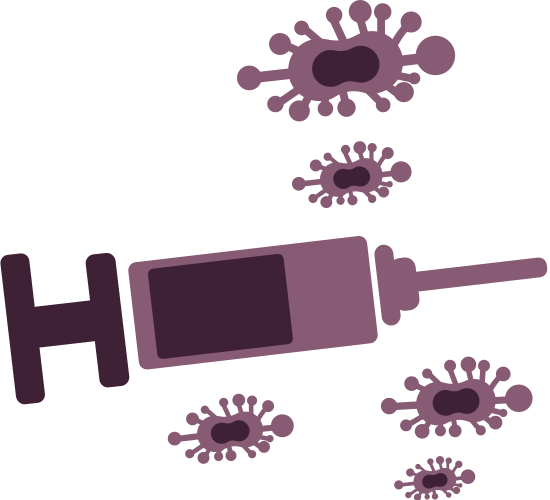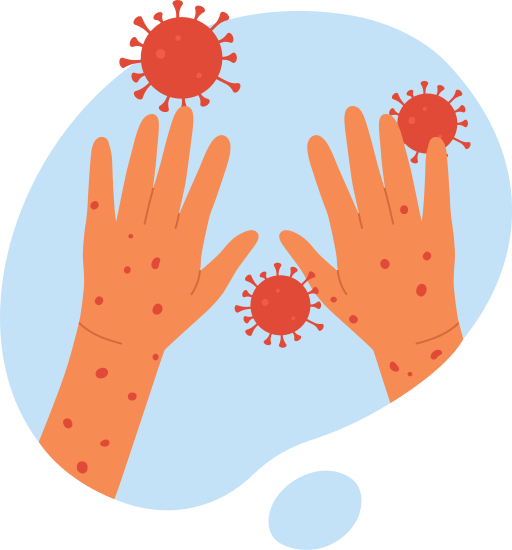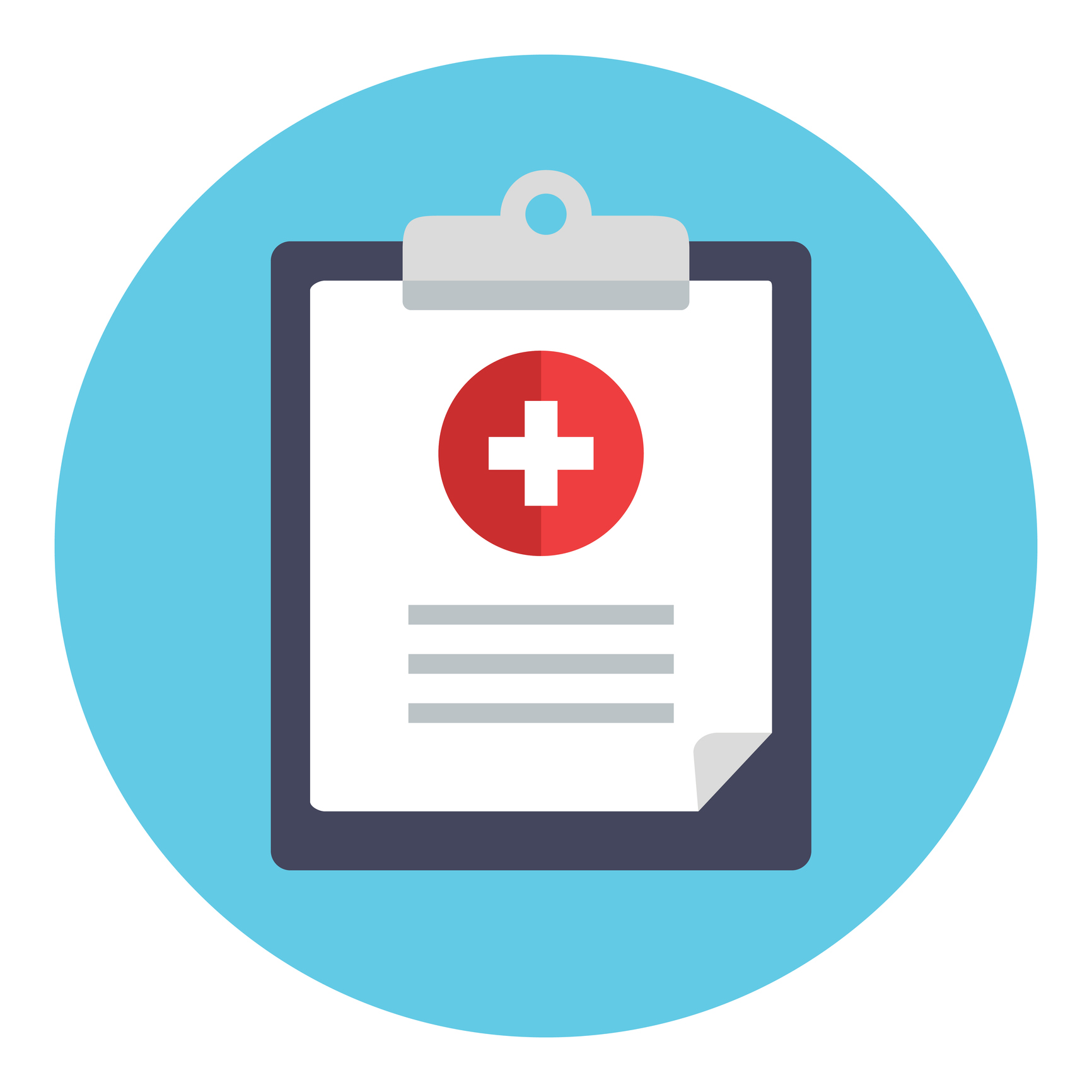
Those at risk for or seeking additional protection from mpox infection are encouraged to get vaccinated. Anyone who requests vaccination can receive it in Los Angeles County without having to disclose information on personal risk.
Who should get the vaccine:
In alignment with California Department of Public Health's recommendations, the mpox vaccine (JYNNEOS) is recommended for any person who:
- Is gay, bisexual, or other man who has sex with men, or
- Is transgender, nonbinary, or gender-diverse, or
- Has HIV, or is taking/eligible for HIV PrEP or doxy PEP, or
- Was exposed to someone with mpox in the last 14 days, or
- Is planning to travel to sub-Saharan Africa or a country with a clade I mpox outbreak and anticipates sexual or intimate contact while traveling, or
- Anticipates attending a commercial sex event or venue (like a sex club or bathhouse), or
- Has a sex partner with any of the above risks, or
- Requests mpox vaccination, even if they have not disclosed any risks listed above
In addition, the mpox vaccine is recommended for anyone at occupational risk for exposure to mpox (e.g., certain laboratory workers).
*These recommendations are intended to simplify risk assessment and increase vaccination coverage among groups at increased risk of exposure given current outbreak data. Talk with your healthcare provider if you are unsure if you may be at risk for mpox.
Currently, routine immunization against mpox for the general public is not recommended.
Who should NOT get the vaccine:
- People with severe allergic reaction (such as anaphylaxis) to a previous dose of JYNNEOS or one of its components (gentamicin, ciprofloxacin, chicken, or egg protein)





